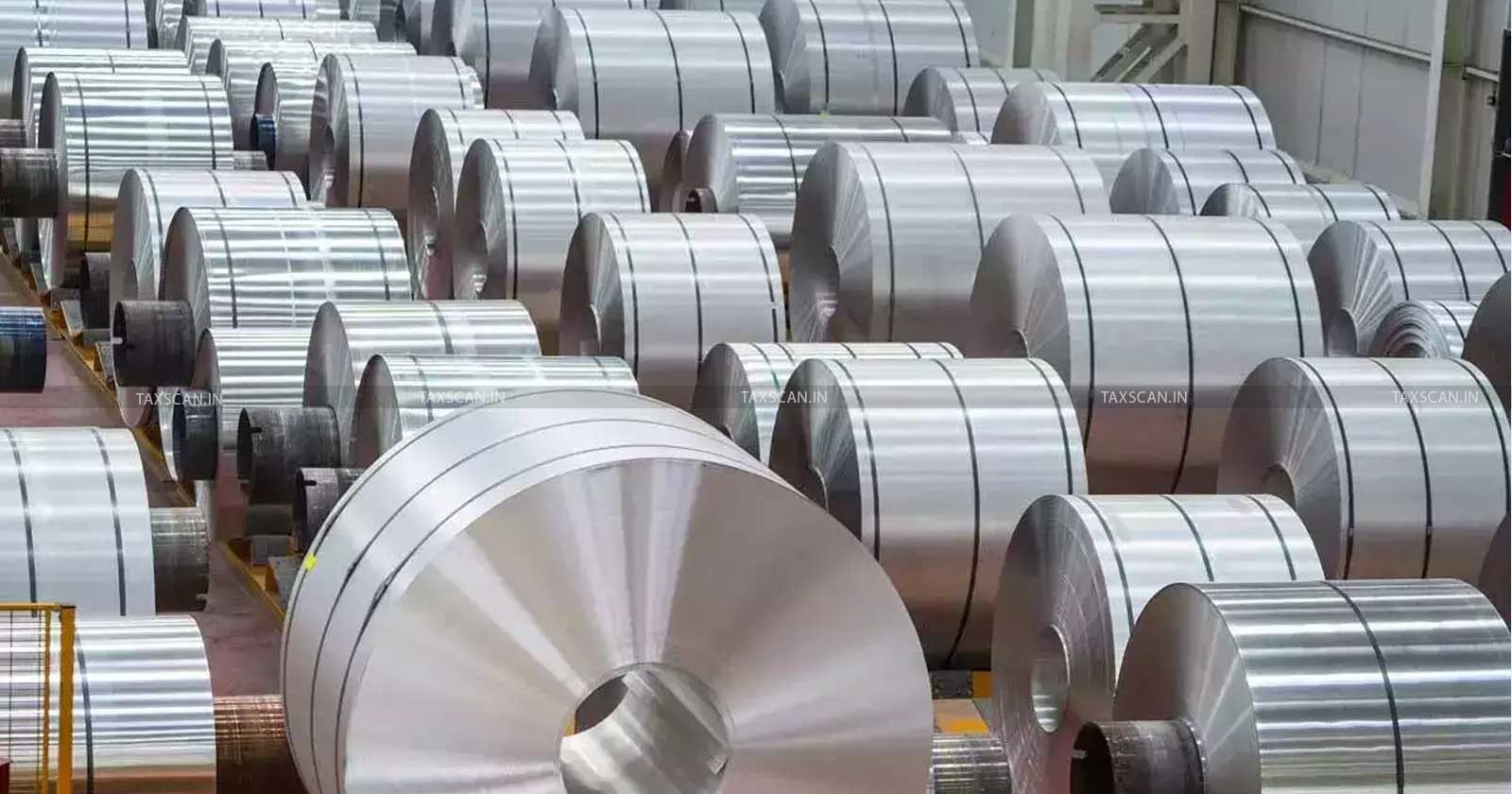Availment of excess credit without documents prescribed u/r 9(1) of CCR: CESTAT Directs to Accept Documents submitted belatedly by Nippon Steel [Read Order]
The Tribunal felt that the ends of justice would be met by remanding the matter to the Original Authority, for being examined and decided afresh

Availment of excess credit – section 9(1) – documents prescribed Section 9(1) of CCR – CCR – CESTAT – Nippon Steel – taxscan
Availment of excess credit – section 9(1) – documents prescribed Section 9(1) of CCR – CCR – CESTAT – Nippon Steel – taxscan
In a recent case, the Chennai bench of the Customs, Excise & Service Tax Appellate Tribunal( CESTAT) directed the lower authority to accept the document submitted by Nippon steel in relation to allegation of excess credit. It was alleged that the excess credit was availed without documents prescribed under Rule 9(1) of Cenvat Credit Rules (CCR), 2004.
The appellant M/s Nippon Steel Chemical & Material India Private Limited, is a subsidiary of Nippon Steel Chemical & Material Company Limited, Tokyo, Japan, manufacturing parts of metal substrate and availing CENVAT credit on inputs, capital goods and service tax inputs. During the course of audit, it was found that the appellant had availed excess credit of Rs.5,48,147/- without any documents prescribed in Rule 9(1) of CENVAT Credit Rules, 2004.
A Show Cause Notice dated 4.12.2019 was issued to the appellant demanding ineligible CENVAT credit of Rs.5,48,147/-. After due process of law, the Original Authority confirmed the ineligible excess CENVAT credit under sec. 11A(4) of Central Excise Act, 1944 read with Rule 14 of the CENVAT Credit Rules, 2004 along with interest and imposed an equal penalty. The appeal preferred by the appellant before Commissioner (Appeals) was rejected.
Master GST - Expert-Led Courses for Ambitious Professionals, Click Here
Shri Kousik Ganesh, Chartered Accountant appeared for the appellant and Shri Sanjay Kakkar, Authorized Representative appeared for the respondent. The CA stated that the appellant being a manufacturer they do not have any Service tax output liability to be paid. They were incorporated on 17 December 2012. During the Startup stage, the company's accounting function and statutory compliance part, was outsourced to a third-party accounting firm for a couple of years.
During the Departmental audit of the company's initial 2 years i.e. 2013-14 and 2014-15, since the accounting was maintained by the outsourced agencies, the accounting staff could not trace the bills and identify the reason for the difference found by the department officer. After that, due to COVID there was disturbance in the continuous service of accounting staff in the company due to which the difference in CENVAT credit availed could not be addressed by the company on time.
The CA stated now that they have all the information to provide, they humbly request the Tribunal to set aside the impugned order and consider their request for submission of complete documents and examination on merit by the appropriate authority. They prayed that their Miscellaneous Application for additional evidence may be taken on record. In this application they have made available the entire set of bills for the service tax credit availed from the initial period April 2014 to March 2015 for verification. The Ld. CA stated that they have reversed the entire CENVAT credit availed till September 2014 amounting to Rs. 33,09,835/-(Service tax Rs.32,22,719/, Education Cess Rs.58,109/-, Sec. Education Cess Rs.29,007/-) in the ST-3 return for period related October 2014 to March 2015. He prayed that their appeal may be allowed.
Master GST - Expert-Led Courses for Ambitious Professionals, Click Here
A single bench of Shri M. Ajit Kumar, Member (Technical) viewed that ordinarily no fresh evidence is admissible before the Tribunal. However, the documents now produced are useful for the reconciliation of the difference in CENVAT credit in Form E.R.-1 and ST-3 returns. The First Appellate Authority has only dismissed the appellants appeal in the absence of any reconciliation statement and the non-availability of any documents prescribed in Rule 9(1) of the CENVAT Credit Rules, 2004.
Considering the facts submitted by the appellant it is felt that the ends of justice would be met by remanding the matter to the Original Authority, for being examined and decided afresh. The tribunal remanded the matter back to the Original Authority for de novo consideration. The Original Authority shall follow the principles of natural justice and afford a reasonable and time bound opportunity to the appellant to state their case both orally and in writing along with documents, if they so wish, before issuing a speaking order in the matter. The appellant should also co-operate with the Original Authority in completing the process expeditiously and in any case within ninety days of receipt of this order.
To Read the full text of the Order CLICK HERE
Support our journalism by subscribing to Taxscan premium. Follow us on Telegram for quick updates


